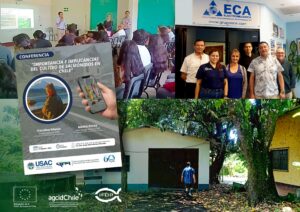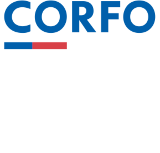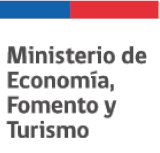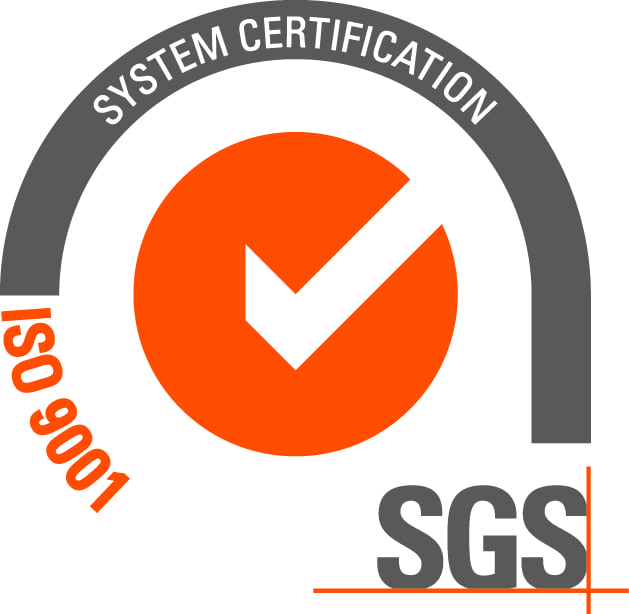
 Within the framework of the Chile-European Union Joint Triangular Cooperation Fund, the Aquaculture Research Division of the Fisheries Development Institute (IFOP) is leading an ambitious project that seeks to strengthen food safety and security for the Guatemalan population by optimizing freshwater fish aquaculture, with an emphasis on trout.
Within the framework of the Chile-European Union Joint Triangular Cooperation Fund, the Aquaculture Research Division of the Fisheries Development Institute (IFOP) is leading an ambitious project that seeks to strengthen food safety and security for the Guatemalan population by optimizing freshwater fish aquaculture, with an emphasis on trout.
The main objective of the project is to implement a specialized trout egg hatchery in Guatemala, utilizing the facilities of the Center for Marine Studies (CEMA) of the University of San Carlos de Guatemala (USAC). As a first activity, professionals Carolina Rösner and Mario Rivas conducted a comprehensive on-site assessment of the state of the existing infrastructure and equipment, in addition to identifying additional requirements for creating a hatchery that meets local environmental conditions.
One of the main technical challenges identified was the need to control the temperature of the water used, since natural sources have an average temperature close to 23°C, a level higher than the optimum for trout incubation, which requires specialized equipment for cooling and maintenance. As a result, together with the CEMA team, a hatchery was designed and will be implemented soon.
Another relevant stage was the visit to local trout farming projects, including a farm in Nueva San Catarina Ixtahuacan, Sololá department, where IFOP researchers, along with CEMA Director Erick Villagrán, and extension teachers, were able to learn about the production situation and the main challenges facing Guatemalan producers.
The project also includes direct training in Chile for six Guatemalan professionals—teachers and producers—in all phases of trout farming. This training took place in October at the IFOP Hueihue Mariculture Center. Finally, outreach and communication activities are planned in Guatemala during December, which will highlight the scientific, technical, and social contribution of this initiative to the promotion of safe and productive aquaculture in that country.
This work not only contributes to diversifying the production of safe food in Guatemala, but also strengthens triangular scientific and technological cooperation between Chile, the European Union, and Latin American countries seeking to develop sustainable aquaculture strategies. This project will last six months, with a planned completion date of December 2025.
Press related links




